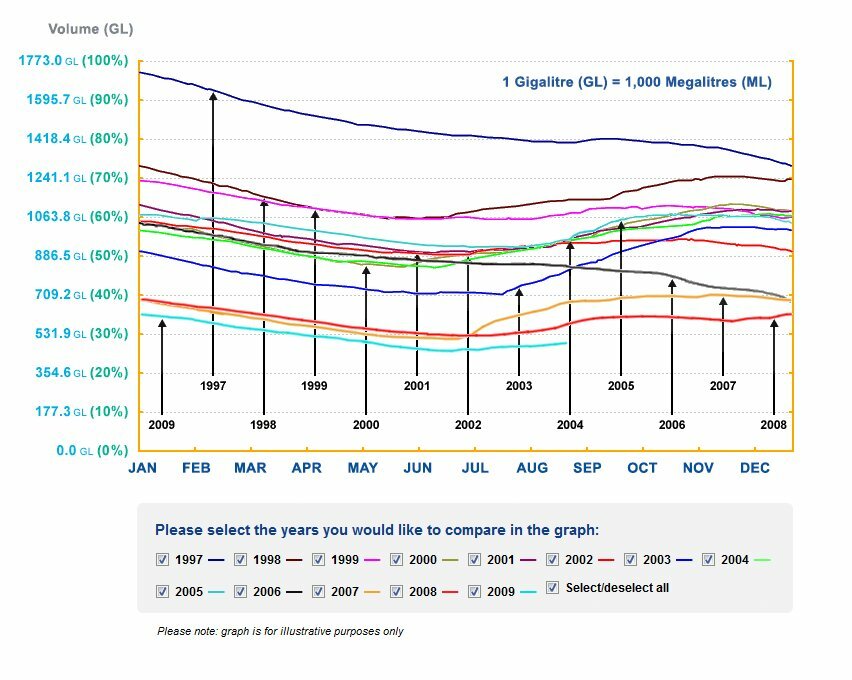Will we look back at today as a period of climate change or the start of climate change?
This week the weather is not what we expect for winter. Melbourne is known as a place of changeable weather, so I can’t recall a winter where we have had 5 or 6 nights in a row of strong winds. In Brisbane the temperature was 32 degrees Celsius yesterday. Its winter for goodness sake!
So are we going to look back at this time as a period of climate change or the start of climate change? The science seems quite clear. Unless we can quickly slash the amount of greenhouse gas being generated by human activity, the climate will continue to change. My young children may never in their lifetimes know what it is like to live in a stable climate.
The famous Dr Seus children’s book The Tale of the Lifted Lorax finishes by saying “unless someone like you cares an awful lot…”
Unless we get global emissions reduction quickly, 2009 will be viewed historically as a year back in time where people started to notice that the weather was changing. Unless we quickly stop putting great amounts of carbon dioxide into the air, stabilise, then reduce atmospheric levels of greenhouse gases people won’t be looking back and saying “2000 to 2030 was the time where the climate changed quickly.”
Think about this next time you make or support a decision that results in greenhouse gas being generated somewhere.
|
Frustrated trying to cut your company's carbon footprint? It is a complex and critical job. We know we all need to get results faster. A new guide to speed up your results has been written to help you. Download and read our free report CARBON CONSERVATION GUIDEBOOK, written by leading Energy Efficiency Engineer Bruce Rowse. Bruce is sharing with you the "secrets" to Effective Energy Conservation, and how to avoid frustration and marginal results. |
||
Tags: Brisbane, changing weather, climate change, Dr Seus, Lorax, Melbourne, unless, water storage levels


